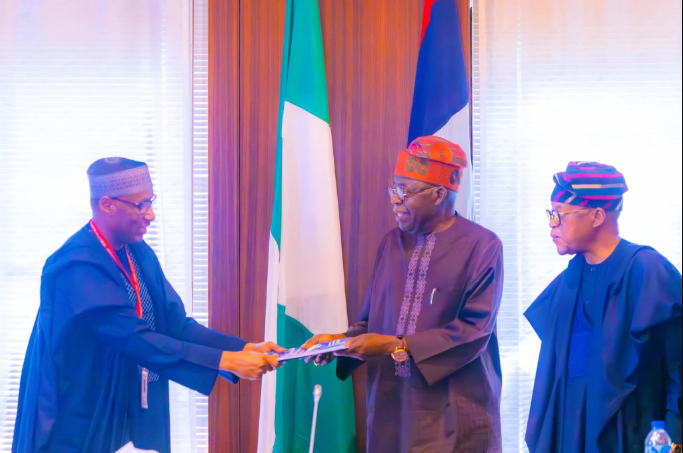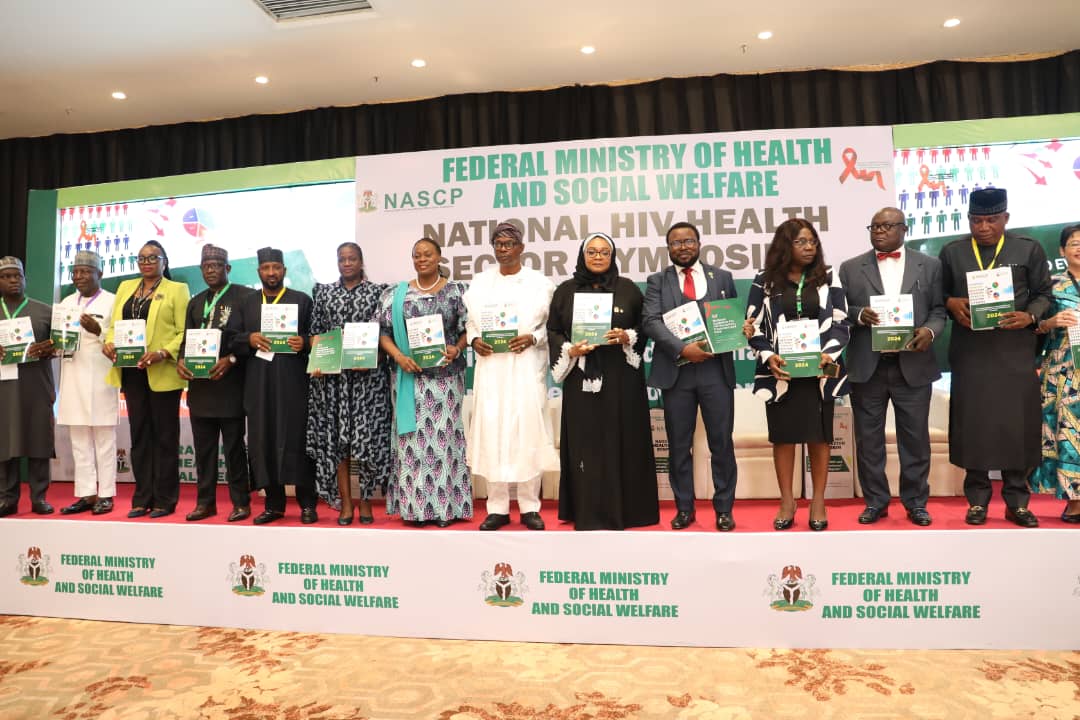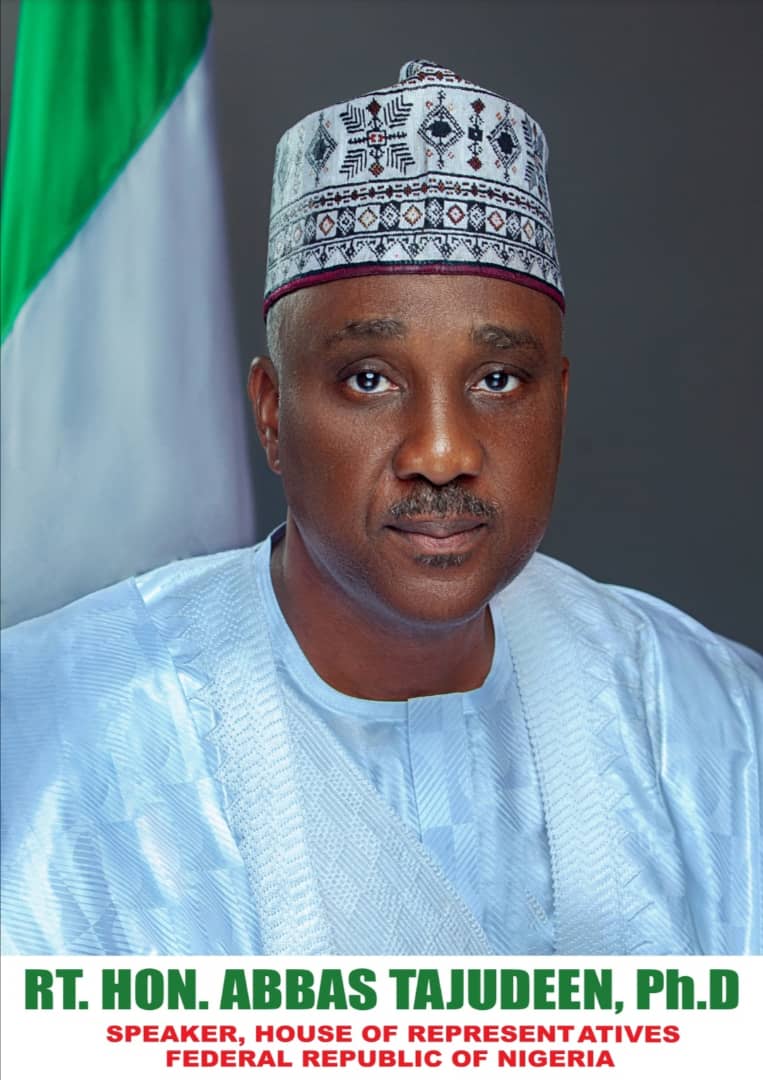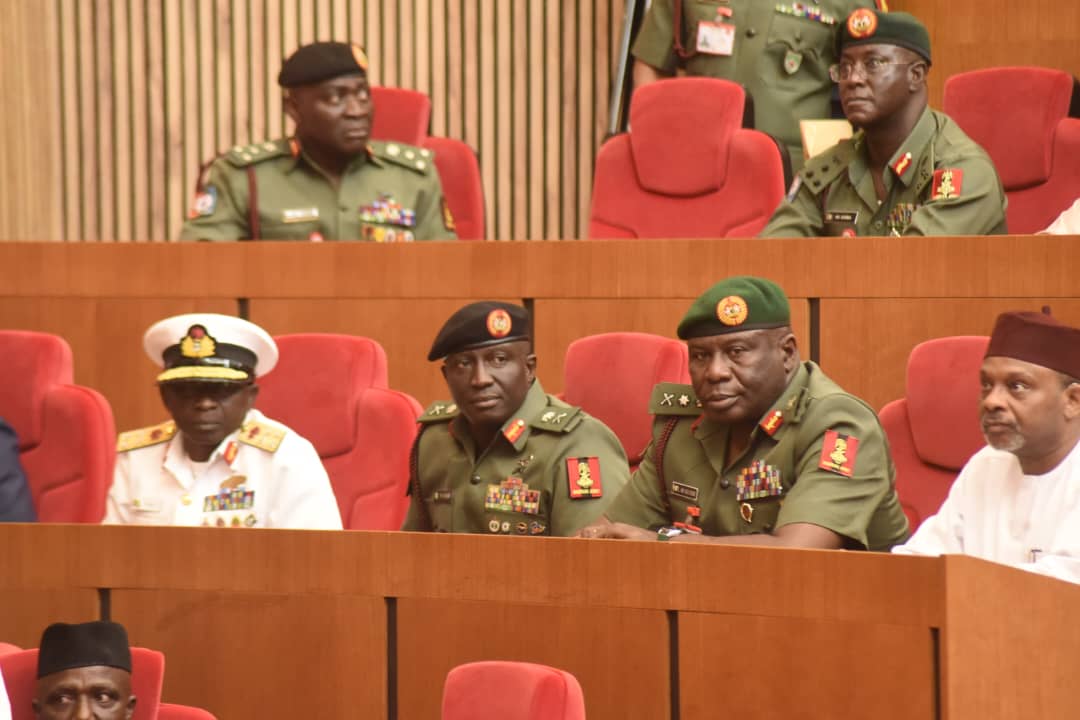Nigeria Secures 16,300 SQ KM Maritime Expansion of sovereign territory with Gulf of Guinea Extension to Boosts Economic, Strategic Prospects

By Fatima Saka
Nigeria recently recorded a landmark territorial and economic victory with the United Nations’ approval to extend its maritime boundary in the Gulf of Guinea by 20 nautical miles, from 200 to 220 nautical miles, adding an extra 16,300 square kilometres to its sovereign territory.

The newly acquired zone, about five times the size of Lagos State and 25 times larger than the Bakassi Peninsula which Nigeria ceded to Cameroon, represents a major boost to the country’s resource base, maritime influence, and economic potential.
President Bola Ahmed Tinubu describes the achievement as “a defining moment for Nigeria’s sovereignty and economic future,” noting that the expansion grants the country greater control over valuable marine resources, including oil, gas, fisheries, and solid minerals.
With the extension of its Exclusive Economic Zone (EEZ), Nigeria now enjoys exclusive rights to explore and exploit hydrocarbon reserves, rich fishing grounds, and seabed minerals in the expanded continental shelf. Officials say the new territory holds significant oil and gas potential, which could increase daily crude output, expand export earnings, and drive industrial growth.
“This is a triumph of diplomacy, science, and national interest,” a senior government official remarked, adding that the development is set to stimulate growth in maritime industries, offshore energy projects, and fishery exports, creating jobs, boosting food security, and diversifying Nigeria’s economy.
The approval is the result of a 14-year effort by Nigeria’s Presidential Committee on the Extended Continental Shelf Project, which submitted its claim in 2009. Committee member Professor Larry Awosika said the UN’s decision followed extensive research in geophysics, geology, and geography, combined with skilled diplomacy to secure Nigeria’s legal rights over the seabed and subsoil beyond its traditional limits.
Committee Secretary Aliyu Omar confirmed that the UN Commission on the Limits of the Continental Shelf (CLCS) formally notified Nigeria of the decision in August 2023. He explained that Nigeria could either register the newly gained area with the UN Secretary-General, a process expected to take at least a year, or conduct further studies to potentially claim even more territory in a revised submission, which could take an additional four years.
Tinubu Nominates Louis Odion, Ummusalma Rabiu as FCCPC Executive Commissioners
President Tinubu commended the committee for securing additional territory “without going to war,” noting that “some nations have fought wars, lost lives, and missed economic opportunities in pursuit of what you have achieved through expertise and negotiation.”
The expansion strengthens Nigeria’s regional standing in the Gulf of Guinea, secures new revenue streams, and opens doors to fresh investments, marking the start of what many see as a new chapter in the nation’s economic journey.





